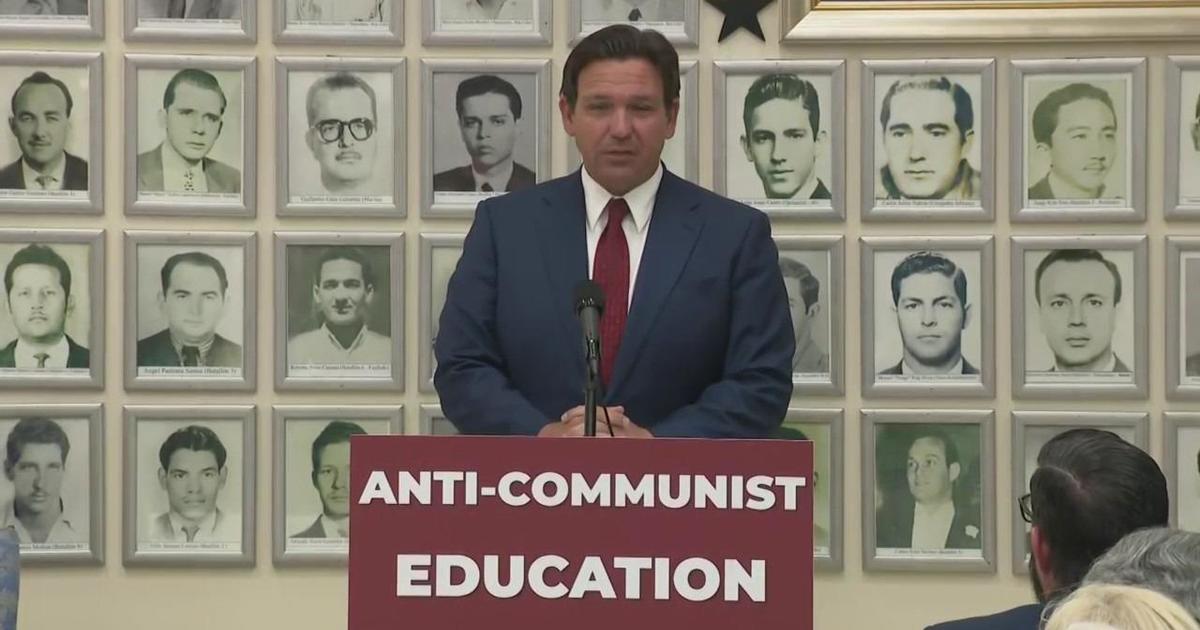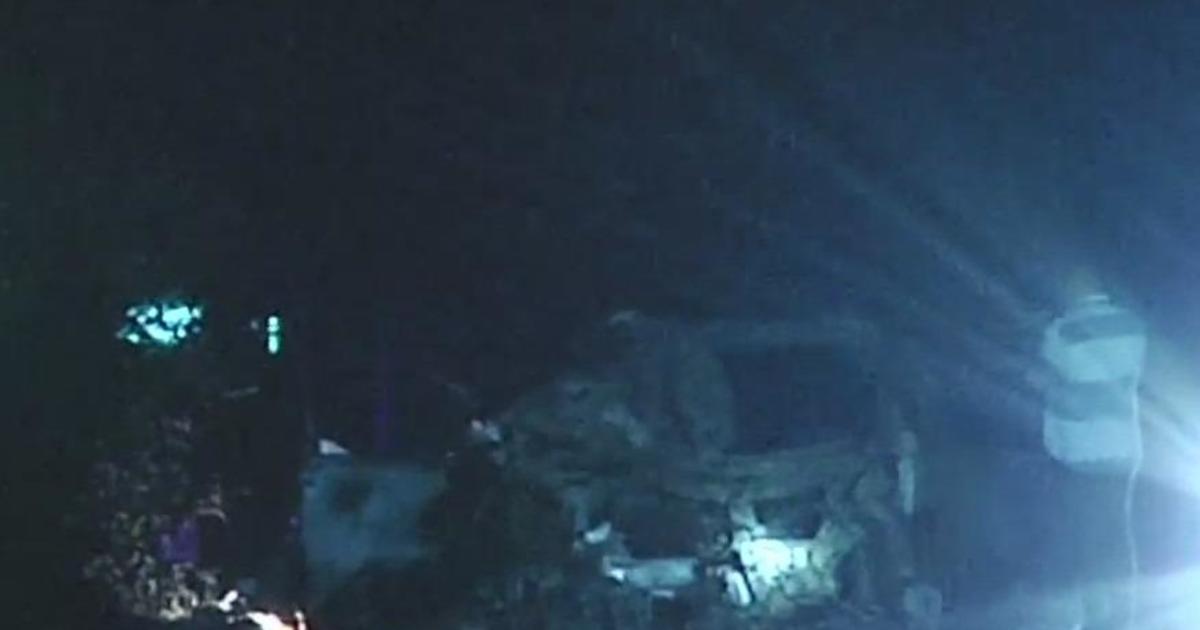U.S. Sent Latin Youths To Cuba To Push For Change
WASHINGTON (CBSMiami/AP) — The U.S. Agency for International Development reportedly sent youth from several Latin American countries to Cuba to push for political change.
Those taking part in the clandestine operation, which began as early as October 2009, worked undercover, often posing as tourists visiting the island through health or civic programs, and traveled around the island scouting for people they could turn into political activists.
In one case, the workers formed an HIV-prevention workshop that memos called "the perfect excuse" for the program's political goals — a gambit that could undermine America's efforts to improve health globally.
But their efforts were fraught with incompetence and risk, an Associated Press investigation found: Cuban authorities questioned who was bankrolling the travelers. The young workers nearly blew their mission to "identify potential social-change actors." One said he got a paltry, 30-minute seminar on how to evade Cuban intelligence, and there appeared to be no safety net for the inexperienced workers if they were caught.
"Although there is never total certainty, trust that the authorities will not try to harm you physically, only frighten you," read a memo obtained by the AP. "Remember that the Cuban government prefers to avoid negative media reports abroad, so a beaten foreigner is not convenient for them."
Click here to WATCH CBS4's Eliott Rodriguez's report
In all, nearly a dozen Latin Americans served in the program in Cuba, for pay as low as $5.41 an hour.
USAID and its contractor, Creative Associates International, continued the program even as U.S. officials privately told their government contractors to consider suspending travel to Cuba after the arrest of contractor Alan Gross, who remains imprisoned after smuggling in sensitive technology.
"We value your safety," one senior USAID official said in an email. "The guidance applies to ALL travelers to the island, not just American citizens," another official said.
In response to the report in AP, USAID issued a statement which read in part:
"Congress funds democracy programming in Cuba to empower Cubans to access more information and strengthen civil society. USAID makes information about its Cuba programs available publicly at foreignassistance.gov. This work is not secret, it is not covert, nor is it undercover. Instead, it is important to our mission to support universal values, end extreme poverty and promote resilient, democratic societies. Chief among those universal values are the right to speak freely, assemble and associate without fear, and freely elect political leaders. Sadly, the Cuban people and many others in the global community continue to be denied these basic rights."
The revelations of the USAID program come as the White House faces questions about the once-secret "Cuban Twitter" project, known as ZunZuneo. That program, launched by USAID in 2009, established a primitive social media network under the noses of Cuban officials. USAID's inspector general is investigating that program, which ended in September, 2012.
In a statement late Sunday, USAID said the HIV workshop had a dual purpose: It "enabled support for Cuban civil society while providing a secondary benefit of addressing the desire Cubans expressed for information and training about HIV prevention."
Creative Associates declined to comment, referring questions to USAID.
In response to the AP's report, Rep. Ileana Ros-Lehtinen, R-Fla., said USAID's programs were important for human rights in Cuba.
"We must continue to pressure the Castro regime and support the Cuban people, who are oppressed on a daily basis," said Ros-Lehtinen.
The travelers program was launched when newly inaugurated President Barack Obama's administration was talking about a "new beginning" with Cuba after decades of mistrust, raising questions about whether the White House had a coherent policy toward the island nation.
Drawing on documents and interviews worldwide, the AP found the travelers program went to extensive lengths to hide the workers' activities. They were to communicate in code: "I have a headache" meant they suspected they were being monitored by Cuban authorities; "Your sister is ill" was an order to cut their trip short.
"We worked it so that the government here didn't know we were traveling to Cuba and helping these groups," said Yajaira Andrade, a former administrator with a Venezuelan organization. "Because that was when (President Hugo) Chavez was in power, and if he had known about us — that some Venezuelans were working to stir rebellion — we would have been thrown in jail."
To evade Cuban authorities, travelers installed innocent-looking content on their laptops to mask sensitive information they were carrying. They also used encrypted memory sticks to hide their files and sent obviously encrypted emails using a system that might have drawn suspicion.
Documents show Creative Associates approved the use of the travelers' relatives to carry cash to the Cuban contacts. But the family members weren't to be told that the funds were from the U.S. government.
Hector Baranda, who was a college student in Cuba when he was befriended by a group of traveling Venezuelans, said he was surprised to hear they were working for the U.S. government and had profiled him.
"How would you feel if you offered your sincere friendship and received this kind of news?" Baranda asked.
The travelers' project was paid for under the same pot of federal money that paid for the ZunZuneo program. But USAID has yet to provide the AP with a complete copy of the Cuban contracts under a Freedom of Information Act request filed more than three months ago.
Former Secretary of State Hillary Rodham Clinton, who was in office during the program and is a likely Democratic presidential candidate in 2016, said in her new book "Hard Choices" that she was pleased "to see change slowly creeping into the country."
RELATED CONTENT:



